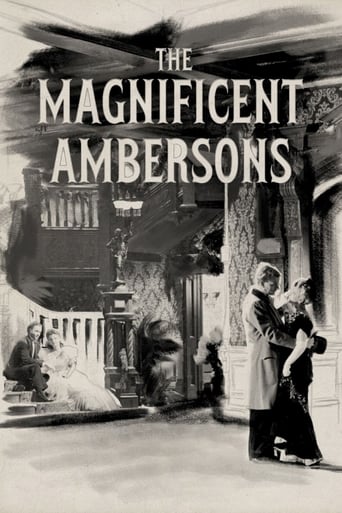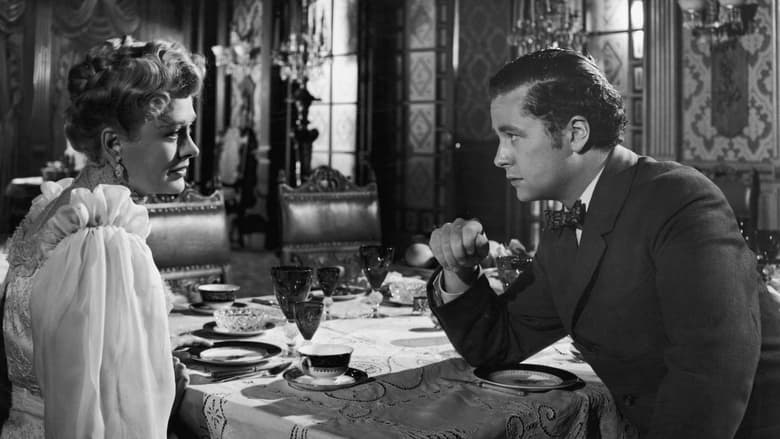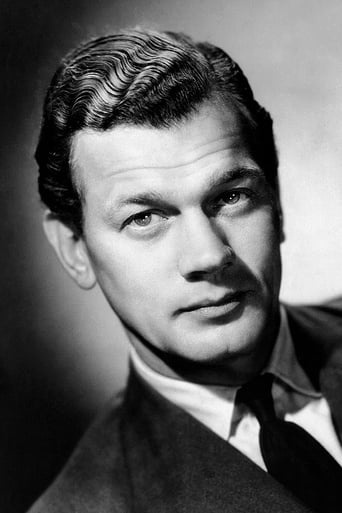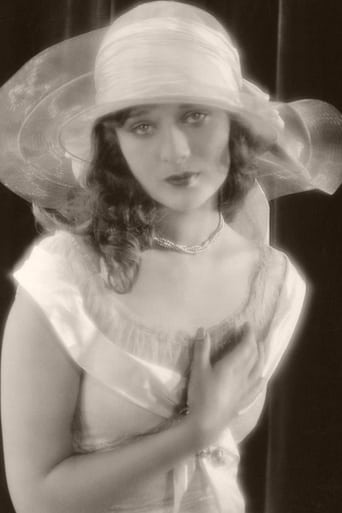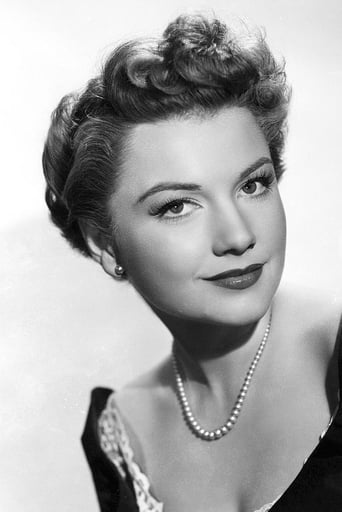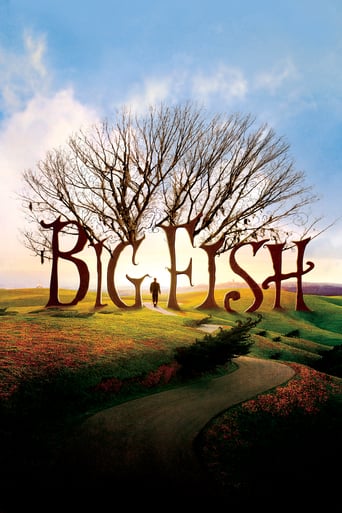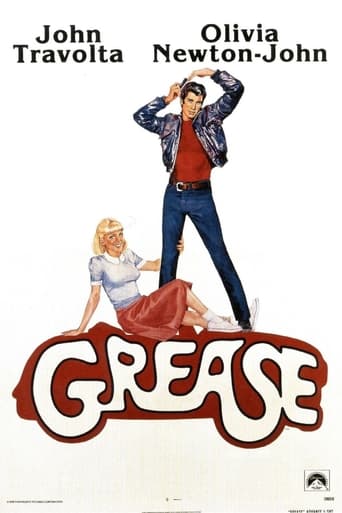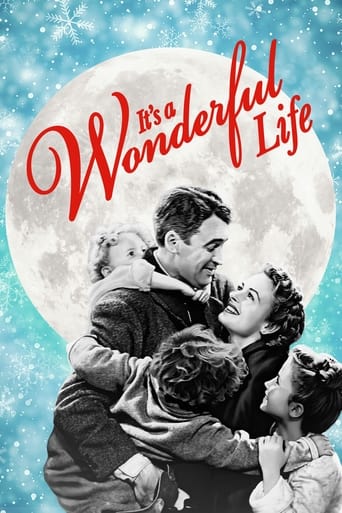The Magnificent Ambersons (1942)
The spoiled young heir to the decaying Amberson fortune comes between his widowed mother and the man she has always loved.
Watch Trailer
Cast


Similar titles
Reviews
This was a brilliant movie! Orson Welles at his very best as a film maker. It is such a tragic shame that his director's cut (much longer) was lost and may never be found.
On the most superficial level it is simply a story of living a life of regret caused by one woman's (Delores Costello as Isabel Amberson) inability to forgive a breach of etiquette by the guy she really loved (Joseph Cotten as Eugene Morgan) - one night he serenaded her while drunk and made a comical spectacle of himself. Out of spite she marries milquetoast Wilbur Minafer whom she does not love, and as predicted by one of the town gossips, raises an insufferable spoiled rotten child - George Minafer. The reason he is spoiled? Because Isabel can't love Wilbur, so she pours her love into her only child.On a deeper level it is about the changing times from the 19th to the 20th century and how that affects a small town in middle America. The Ambersons go from being a very prominent family to being displaced by the changing times and changing culture.The Amberson family serves as a metaphor for old money and old society, the closest thing America has to "royalty." Major Amberson, the patriarch of the Amberson clan, made the family fortune as a land developer and apparently as the founding father of the town. Eugene Morgan represents "new money," his family is from "the working class", his power and wealth comes not from "old" family connections but through financial dealings and modern manufacturing e.g. the automobile. Eugene looks toward the future, sees the changes in society and seizes the opportunities presented. The Ambersons are just happy to keep things as they are, they don't want to look at all of these "new-fangled" changes in society because if they did, THEY'D have to change. Because Georgie Amberson Minafer, the spoiled and arrogant grandson, absolutely refuses to accept any change whatsoever, he descends from the Midwestern aristocracy to the working class. He also takes away his mother's second chance at happiness at midlife when the widowed Eugene and the widow Isabel want to marry. Isabel could have acted against her grown son's demands, but, again, she was unable to change. She had let Georgie have his way his whole life and now she would let him swallow her life too. I'm not quite sure why someone as young as Georgie is so rigid and conventional. It may be because change requires work and thought - two qualities that young Georgie definitely shys away from. His arrogance and his sense of entitlement are why so many of the townspeople and so many viewers cannot wait for him to get his "comeuppance". Unfortunately for all of us, by the time he does, it only registers perhaps on him."Something had happened. A thing which, years ago, had been the most eager hope of many, many good citizens of the town, and now it had come at last; George Amberson Minafer had got his comeuppance. He got it three times filled, and running over. But those who had so longed for it were not there to see it, and they never knew it. Those who were still living had forgotten all about it and all about him. "Well, if you watch the film, which gives you a voyeur's view of a story, you really see none of this comeuppance, none of George's transformation, which is talked about in the final scene that has Eugene and Aunt Fanny talking about it, but no George! Well there is a reason for this. Orson Welles was in South America when RKO was editing this film. They cut 40 minutes of what Welles had shot and tacked on the George-less ending. Why? They claimed it was because test audiences were "repulsed" by Aunt Fanny! The great Agnes Morehead is playing Fanny as your typical maiden aunt character, frustrated because the man she always loved never even noticed her, but she plays the part with great humanity, so that has to be a bogus excuse. I'll always believe it was because Welles challenged the status quo of the business elite in Citizen Kane, and was doing it once again in this film a year later, even though it was adapted from a novel. Perhaps with a war just starting and the production code nipping at their heels RKO just didn't want to seem anti-establishment and by extension anti-American.I'd still recommend it. It is well acted, well directed and has some great individual scenes even in its skewered state. At the very least it is a well told great romantic tragedy for all of the main characters.
I wanted to love it as a classic, but for me, 'The Magnificent Ambersons' fell well short of that. There are certainly positive aspects: Director Orson Welles was an artist and there are several beautiful shots, camera angles, and tracking sequences that are nice to see. Joseph Cotten is full of grace as an automobile inventor who loves an Amberson widow, but has to contend with her hothead son (Tim Holt), who is as spoiled as they come. The scene where he calmly and rationally responds to an attack on cars is good. It's ironic that Holt's character loves Cotten's daughter in turn, and Anne Baxter plays that part well, including a scene where she feigns indifference to his leaving town and toys with him, even though it's killing her inside. Lastly, Agnes Moorehead turns in probably the best performance in the film as the boy's frustrated aunt.On the other hand, the main character - the spoiled, entitled son – is so unlikeable that it makes watching often unpleasant. The film feels emotionally sterile, and there is little believability in the connections between characters. There is a dark bleakness that pervades the film, in part because of the story of this family's fall from grace while the world changes around them, but also in part because of Welles' heavy-handed treatment. The plot is arguably not very plausible in several places, and is certainly tedious in the second half of the film. The studio's taking control and editing the final cut – butchering it, it sounds like – is a travesty, that sort of thing always is, but even at 88 minutes, the film seems to drag on too long, and in what seems like a smug, theatrical way. I'm not convinced that if I was subjected to 60 more minutes, Welles' original cut, that I wouldn't have fallen asleep, based on the 88 that I did see. It was OK to see once, but I would never recommend it, or watch it again.
Here is the story of a family that dazzles from the outside but is hurt and crippled in reality.Isabel, played by the elegant Dolores Costello (Drew Barrymore's grandmother), didn't appreciate the automotive inventor Eugene (Joseph Cotton) in their youth, and both went on to marry other people.Isabel raised her only child, George (Tim Holt), to be a spoiled brat who believed he was above work. Once both Isabel and Eugene are widowed, George does everything he can to thwart his now-wiser mother from having a second chance at love.And, ninny that she is, she lets the priggish twit get away with it!Eugene is about to stand up to the little nudnick when Isabel is on her deathbed but he turns tail at the last minute and passes up the opportunity.Something psychological was going on here but the movie doesn't show much interest in it. Agnes Moorehead is interesting as the spinster Fanny but her character is wishy-washy as well, producing lots of sturm und drang that peters out to nothing in the end.I'll have to read my fellow reviewers' work to try to understand why this film is so well-respected.I'd say the best thing about it was the sleighs!

